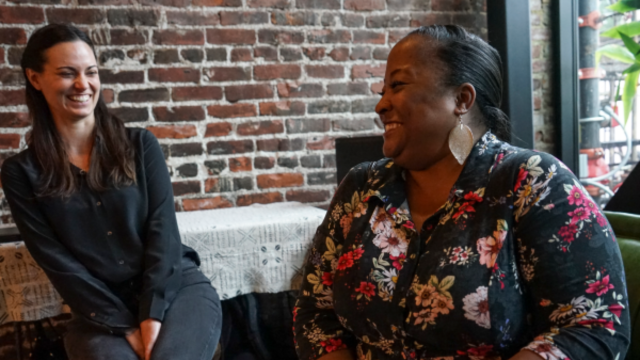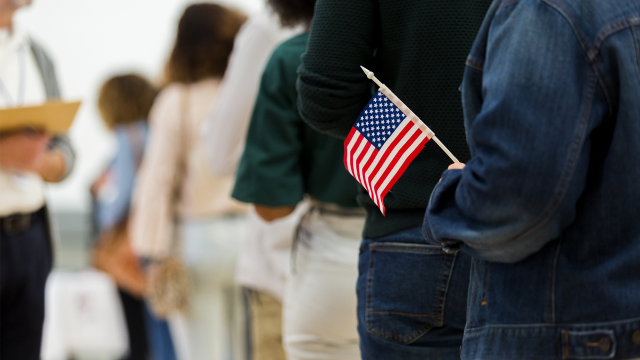
Philanthropy Northwest has adopted an official organizational position supporting The Charities Helping Americans Regularly Throughout the Year (CHARITY) Act (S. 1475, H.R. 3259), a bipartisan bill that would make it easier for donors to give to charity and for charitable organizations to conduct their work. We will be submitting a letter to members of Congress representing our six-state region (Alaska, Idaho, Montana, Oregon, Washington and Wyoming).
As Philanthropy Northwest members, we invite you to sign on to our letter or modify the language to send to your legislators on behalf of your own organizations. You may email us to join our letter by January 31.
We understand that our members are diverse and have different limitations on influencing legislation, whether due to legal restrictions or as a matter of organizational policy. Here are a few pointers — which do not substitute for legal advice — to understand your organization’s role in advocating on the CHARITY Act with your lawmakers:
- Generally, community foundations and other public charities are permitted to engage in a limited amount of lobbying, which would include support of this bill.
- Private foundations are prohibited from lobbying or attempting to influence legislation except if it falls under the “self-defense exception.” Simply put, this exception occurs when a foundation — public or private — advocates to a legislative body on a bill affecting the existence of the foundation, its powers and duties, its tax-exempt status or the deductibility of contributions to such foundation.
- The Council on Foundations has previously taken the position that private foundations may advocate on a bill that includes one or more provisions that would qualify for the self-defense exception. However, we support your comfort level in this matter. As a private foundation, if you do not feel comfortable in a “blanket” support of the CHARITY Act, you may still support specific provisions of the bill that are/may be considered under the “self-defense exception,” such as the excise tax provision for private foundations.
Finally, please note that the self-defense exception does not allow for grassroots lobbying, i.e., encouraging other entities to engage in this advocacy.
If you have any questions or need additional support, please email Meredith Higashi, director, public policy and advocacy.


